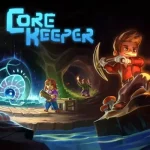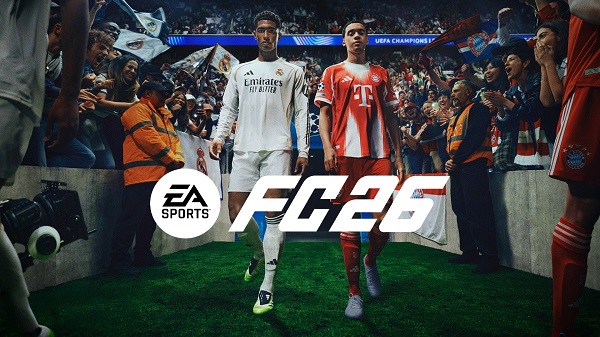Advertisement
Popular Now
Schedule I isn’t just a cheeky name referencing the U.S. drug classification system—it’s a full-blown simulation game that tasks players with building a criminal empire from the ground up. But behind the quirky graphics and humorous tone lies a game that raises serious questions: Can a game about manufacturing and selling illegal substances ever be "just fun"? Or is it crossing a line? Let’s dive deep into Schedule I and explore how it turns one of society’s darkest underbellies into something playable, addictive, and surprisingly strategic.
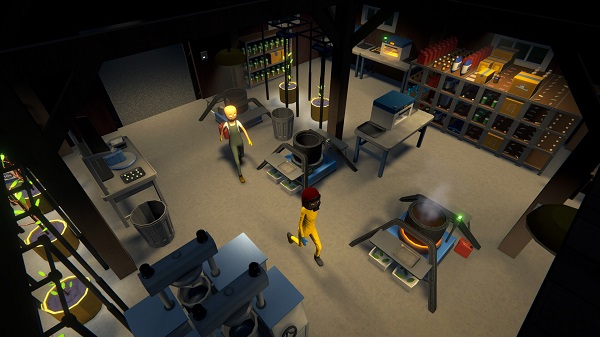 At first glance, Schedule I looks like a colorful, over-the-top city builder. But the moment you start your journey as a small-time dealer in the grimy fictional city of Hyland Point, you realize you’re in for something different. The game asks you to build labs, create supply chains, hire staff, and avoid law enforcement, all while expanding your narcotics business.
At first glance, Schedule I looks like a colorful, over-the-top city builder. But the moment you start your journey as a small-time dealer in the grimy fictional city of Hyland Point, you realize you’re in for something different. The game asks you to build labs, create supply chains, hire staff, and avoid law enforcement, all while expanding your narcotics business.
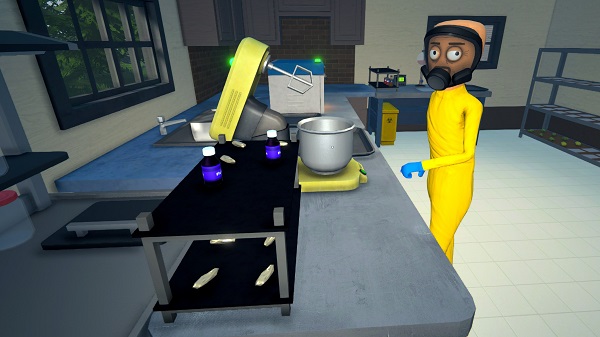 This is where things get complicated. Schedule I is undeniably fun—but it's also centered around a highly illegal and destructive real-world trade. Can we enjoy the game without condoning its subject matter?
This is where things get complicated. Schedule I is undeniably fun—but it's also centered around a highly illegal and destructive real-world trade. Can we enjoy the game without condoning its subject matter?
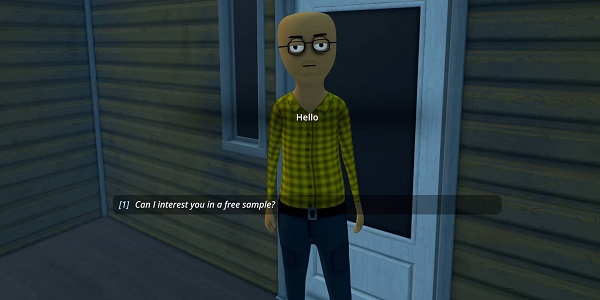 Schedule I features multiplayer co-op and PvP elements, letting players collaborate or compete.
Schedule I features multiplayer co-op and PvP elements, letting players collaborate or compete.
The Premise: Hyland Point’s Gritty Playground
 At first glance, Schedule I looks like a colorful, over-the-top city builder. But the moment you start your journey as a small-time dealer in the grimy fictional city of Hyland Point, you realize you’re in for something different. The game asks you to build labs, create supply chains, hire staff, and avoid law enforcement, all while expanding your narcotics business.
At first glance, Schedule I looks like a colorful, over-the-top city builder. But the moment you start your journey as a small-time dealer in the grimy fictional city of Hyland Point, you realize you’re in for something different. The game asks you to build labs, create supply chains, hire staff, and avoid law enforcement, all while expanding your narcotics business.
A Comedy of Crime
The humor is thick, but it’s also dark. Characters deliver sarcastic lines, and the city itself feels like a parody of crime-ridden urban chaos. This absurdist presentation helps defuse some of the real-world weight of the game's subject matter—but not without raising a few eyebrows.Gameplay Mechanics: Strategy Beneath the Satire
Schedule I isn’t a mindless clicker. Beneath the exaggerated humor is a deeply strategic management sim. Players must balance supply and demand, invest in upgrades, choose locations, and scale up without attracting too much heat.Resource Management
You’re not just clicking buttons—you’re managing logistics. From lab production to distribution lines, players have to maintain an efficient operation or risk collapse.Staff and Upgrades
Hire chemists, street dealers, security teams, and PR reps. Each character adds depth to your empire—and comes with risks, from embezzlement to arrest.The Ethics Dilemma: Where Is the Line?
 This is where things get complicated. Schedule I is undeniably fun—but it's also centered around a highly illegal and destructive real-world trade. Can we enjoy the game without condoning its subject matter?
This is where things get complicated. Schedule I is undeniably fun—but it's also centered around a highly illegal and destructive real-world trade. Can we enjoy the game without condoning its subject matter?
Intent vs. Impact
The developers clearly approach the subject with satire, aiming for a Breaking Bad meets SimCity vibe. But some critics argue that making drug trafficking entertaining blurs ethical boundaries.Comparison with Other Games
Games like Grand Theft Auto or Tropico also gamify crime and corruption. But Schedule I puts drug manufacturing at its core, making it feel less like background flavor and more like the main dish.Dark Humor Done Right?
The game is loaded with ironic achievements, absurd characters, and satirical storylines. For some, this adds levity. For others, it trivializes real suffering.Examples of Satire
- A mission to win "Best Local Employer" while running a cartel.
- A wellness coach hired to improve staff morale at a meth lab.
Where Humor Fails
Not all jokes land. Some scenarios, especially those involving addiction or violence, can hit uncomfortably close to home for players.Player Progression: The Kingpin Fantasy
The journey from street dealer to empire builder is paced well and filled with satisfying milestones. There’s a sense of growth, challenge, and achievement.Leveling Up the Empire
Players start with a single hideout and slowly acquire new buildings, lab types, and staff roles. It’s a power fantasy not unlike building a tech startup—just illegal.Player Choice
How you run your business matters. Go clean and low-profile, or flashy and aggressive. Each decision impacts your income, law enforcement attention, and narrative progression.Law Enforcement: A System to Beat
The game’s cat-and-mouse mechanic with police is central to the tension. Stay under the radar, bribe officials, or fight back. There’s no moral judgment—just strategy.Heat Meter
A dynamic system tracks your "heat." Too much attention brings raids, asset seizures, or prison time.Options for Survival
Players can hide assets, destroy evidence, or use legal fronts to wash money. It’s a criminal enterprise with surprisingly complex options.Multiplayer Mayhem: Crime with Friends
 Schedule I features multiplayer co-op and PvP elements, letting players collaborate or compete.
Schedule I features multiplayer co-op and PvP elements, letting players collaborate or compete.
Cooperative Empires
Join forces with others to build massive joint operations. Share resources, staff, and hideouts.Competitive Chaos
PvP modes add chaos, with players sabotaging rival operations or tipping off the cops.Visuals and Tone: Cartoonish but Calculated
The game uses a stylized, cartoon-like aesthetic to soften its theme. This helps it avoid ultra-realism, which could have made the game far more controversial.Why the Cartoon Look Works
It distances the game from realism, creating a safer space for players to engage with heavy themes.Visual Irony
Colorful UI elements and cheerful animations often contrast with grim subject matter, adding to the satirical tone.Community and Mods: Embracing the Chaos
The player base of Schedule I is active, passionate, and often hilarious. Mods add new drugs, characters, and features—some respectful, some utterly absurd.Popular Mods
- Zombie Outbreak mode
- Politician expansion pack
- Realistic rehab system

